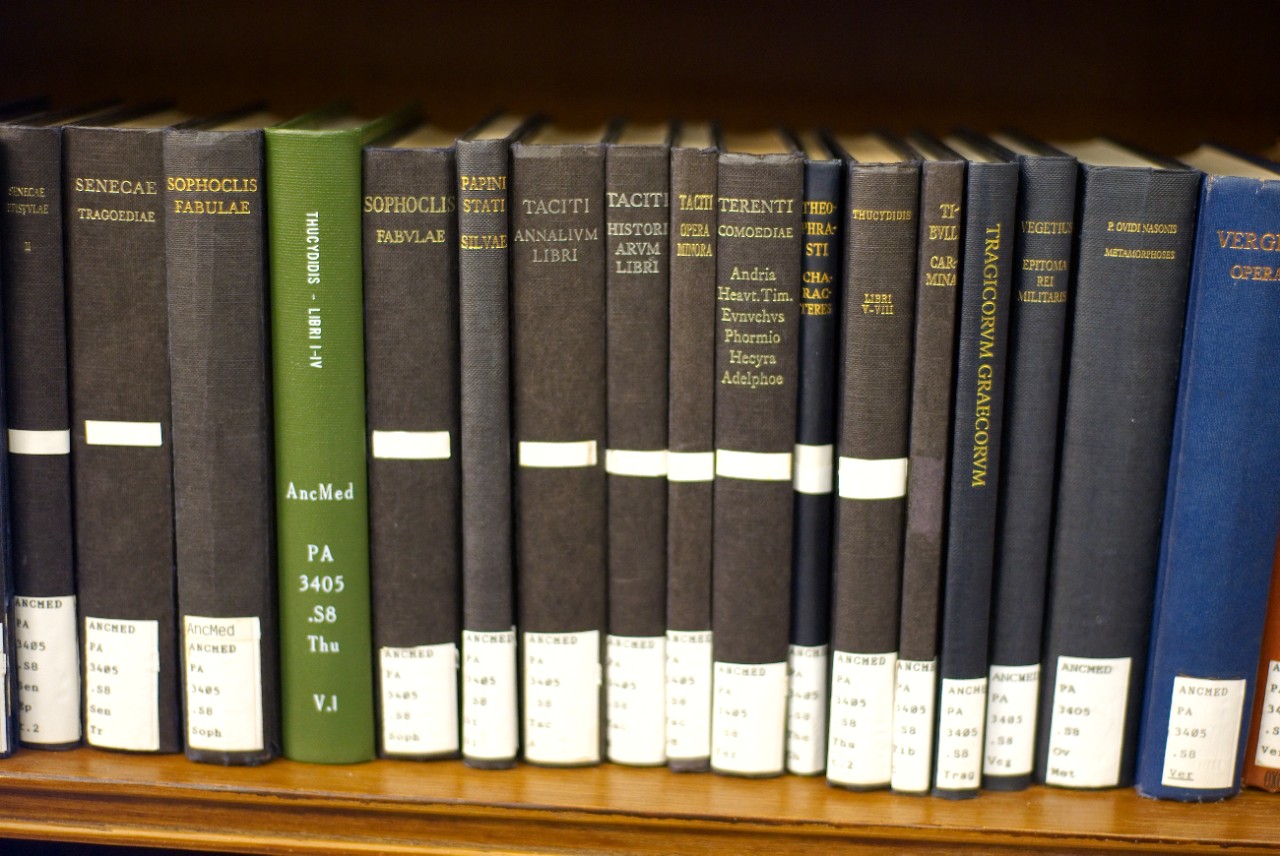Protecting Scholarly Legacy

Managing Faculty Copyright
Faculty enjoy an important privilege as part of a greater academic community. While faculty form an integral part of an academic institution, generally speaking, University faculty retain copyright in their scholarly work. This runs counterintuitive to copyright law since, in employment situations, employers retain copyright over the work of their employees. The "faculty exception", however, developed as a means of respect and acknowledgement for the opinions and ideas expressed by individual faculty members, a policy that continues uninterrupted at many institutions of higher learning today.
Copyright and Publishing
Prior to the advent of new communications technologies, publishers assisted faculty by providing the means by which their scholarly work would be edited and distributed. Journal articles, research papers and books were published and distributed, in print, as long as there was demand, it was economically feasible and the work remained current. The benefits of publishing were enjoyed immediately and for this reason, it was not detrimental to many faculty members to assign the rights in their work to their publishers.
The Long-Term Value of Copyright
With new communications technologies, electronic versions of scholarly works can be revisited with ease to update currency, re-contextualize and re-use scholarly work, share work with other colleagues in the course of carrying out research and distribute scholarly work globally with the press of a button. Thus, the long-term value of scholarly work to both the individual scholar and to the publisher is far greater than during the print era. This is, in fact, the long-tail effect of copyright law.
Faculty to Be More Aware and Strategic
For these reasons, faculty is encouraged to become aware and more strategic in managing their copyrights. For junior faculty, it is an opportunity to take charge of their respective scholarly legacies early in their academic careers so that they benefit from their own scholarly work for years to come. For senior faculty it is an opportunity to ensure that they have the capacity to harness new communications technologies most effectively, in order to best leverage their own scholarly work as they wish, whether for the purposes of contributing to and sharing research results or being able to communicate the results of their research however they wish.
Copyright Management Strategies
Faculty, Consider the Following:
You may assign your copyright to your publisher as before. This means, however, that you will no longer control the rights to your work and you will have to seek their permission to re-use it.
You can license your work to the publisher for specific publication purposes, for a period of time, on an exclusive or non-exclusive basis, and for distribution, whether limited or unlimited.
You can assign some of your rights and reserve some of your rights (a carve-out approach) so that you may still without further permission reserve the right to:
• Post and distribute copies on your own website
• Share work as posted on research networks
• Make research results publicly available when a required by a research grant
• Contribute your work to an institutional repository such as Academic Commons.
What Are Your Options?
Seek advice and ask questions. Seek the assistance of Copyright Advisory Services if confused about terms and conditions of publishing agreements. Use the information in the Resources on this page to gain more information. An excellent resource has been developed by the Kernochan Center for Law, Media and the Arts, Columbia Law School that addresses copyright ownership, rights management and managing your copyright in the course of publishing. Read More...
The Authors Alliance has also created a Rights Reversion Portal dedicated to recapturing authors rights for publications. Read More...
Resources
Columbia University’s Copyright Policy
Columbia University’s Faculty Handbook
Gassaway, Laura N; Pocket Copyright Guide for Publishers
Richman, Steven M; The Photography Law Handbook
Kernochan Center for Law Media and the Arts, Columbia Law School; Keep Your Copyrights